- Private car and driver in Delhi / India
- +91-8447445445
- info@discoverindiabycar.com sugar.ankit@yahoo.com
 +91-9818434712
+91-9818434712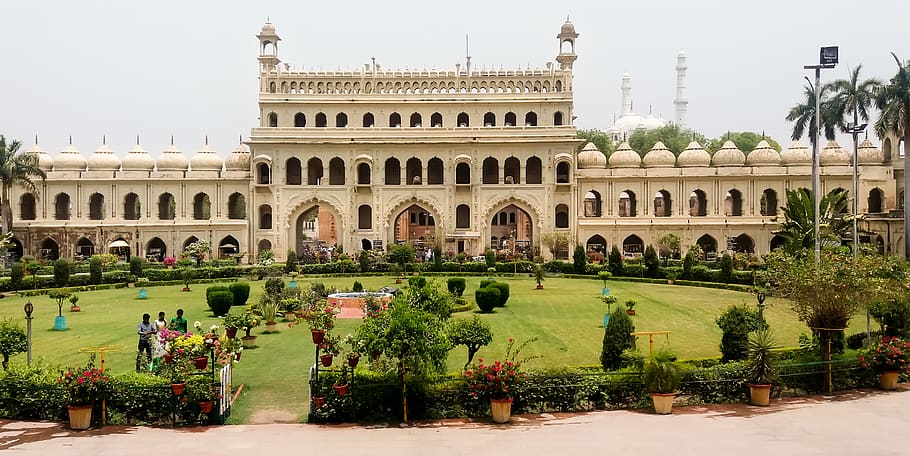
Lucknow
Lucknow, the capital city of Uttar Pradesh, is a city of rich cultural heritage, royal grandeur, and culinary delights. Known as the “City of Nawabs,” Lucknow is famous for its architectural marvels, gracious hospitality, and the refined Awadhi culture. The city is a delightful blend of historical landmarks, bustling markets, and mouth-watering cuisine, offering a unique and immersive experience to its visitors.
Climate
Lucknow experiences a humid subtropical climate, characterized by hot summers and cool winters. Summers, from April to June, can be scorching, with temperatures reaching up to 45°C (113°F). Winter season, from November to February, brings cool temperatures, ranging from 7°C (45°F) to 25°C (77°F). Monsoon season, from July to September, brings moderate to heavy rainfall, providing relief from the heat.
Location
Lucknow is located in the northern part of India, on the banks of the Gomti River. It is situated in the heart of Uttar Pradesh and serves as a major cultural, commercial, and administrative center of the state. The city is well-connected by road, rail, and air, making it easily accessible for travelers.
History of Lucknow
Lucknow has a rich history that dates back to the 18th century when it became the capital of the Awadh region. The city flourished under the rule of the Nawabs of Awadh, who patronized arts, literature, and architecture. The legacy of the Nawabs is visible in Lucknow’s magnificent monuments, including the grand palaces, intricately designed mosques, and imposing British-era buildings.
Lucknow was also a significant center of the Indian Rebellion of 1857, with notable events taking place in the city during the struggle for independence. The city’s historical significance and cultural heritage have made it a melting pot of different architectural styles, traditions, and influences.
How to Travel Lucknow?
To travel to Lucknow, you can take a private car and driver from Delhi or any nearby major city. Discover India by Car offers custom tour packages that include Lucknow as a prominent destination, allowing you to explore the city and its historical landmarks. The tour packages can be tailored to include visits to attractions such as the Bara Imambara, Chota Imambara, Rumi Darwaza, and the bustling markets of Chowk and Aminabad.
Places to Visit in Lucknow
Bara Imambara
The Bara Imambara is an architectural marvel and one of the most iconic landmarks of Lucknow. Built in the 18th century, it is an imposing structure with a unique labyrinth known as Bhool Bhulaiya. Explore the intricately designed halls, marvel at the massive arched gateways, and enjoy panoramic views from the terrace.
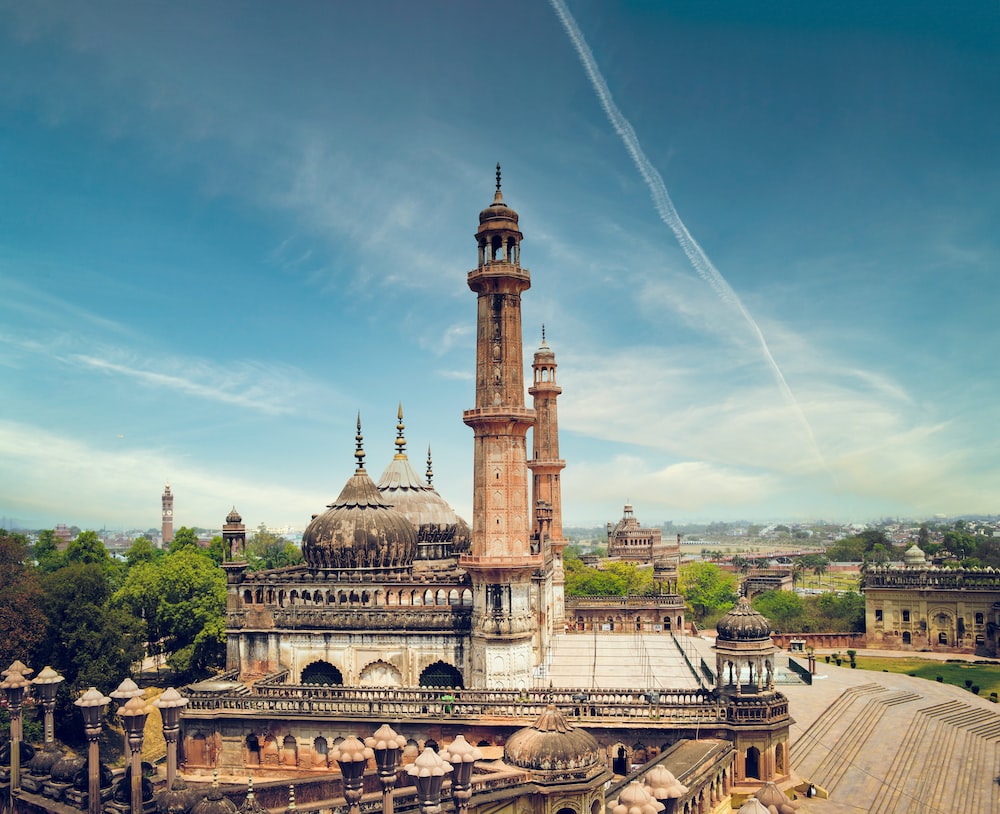
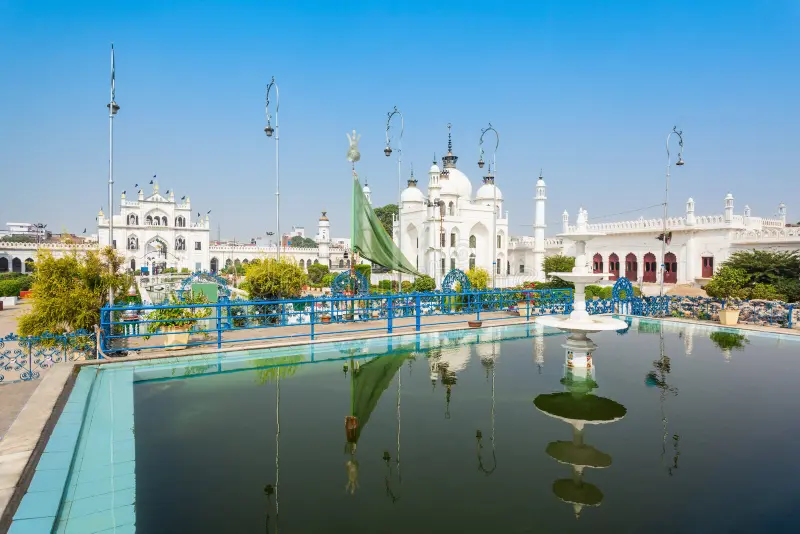
Chota Imambara
Also known as the Hussainabad Imambara, the Chota Imambara is another impressive monument in Lucknow. It is adorned with intricate chandeliers, golden domes, and beautiful calligraphy. The adjacent Rumi Darwaza, a magnificent gateway, adds to the architectural grandeur of the complex.
Lucknow Residency
Visit the Lucknow Residency, a group of buildings that served as the residence of the British Resident General during the 1857 uprising. It is now a museum that provides insights into the historical events and showcases artifacts from the time of the revolt.
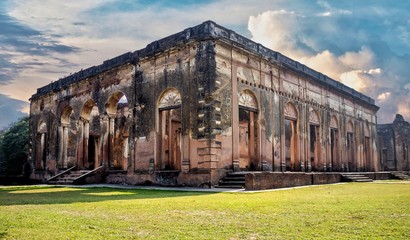
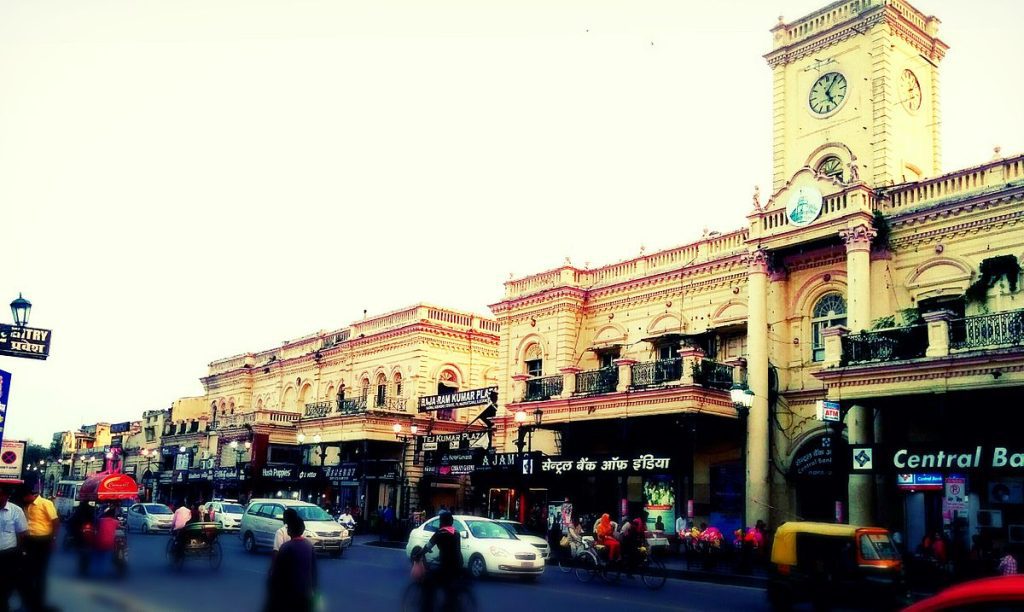
Hazratganj Market
Explore the bustling Hazratganj Market, the heart of Lucknow’s shopping and entertainment scene. It offers a mix of modern shopping complexes, traditional shops, and street food stalls. Indulge in the famous Lucknowi cuisine, shop for traditional handicrafts and textiles, and immerse yourself in the vibrant atmosphere.
Janeshwar Mishra Park
Spend some time at the expansive Janeshwar Mishra Park, one of the largest parks in Asia. Enjoy leisurely walks, relax amidst lush greenery, and experience the serene ambiance of this beautifully landscaped park.
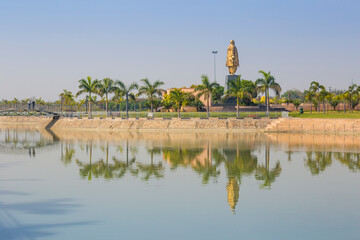
Lucknow’s regal charm, cultural richness, and culinary delights make it a city that truly captivates the senses and offers a glimpse into the royal heritage of Awadh.








